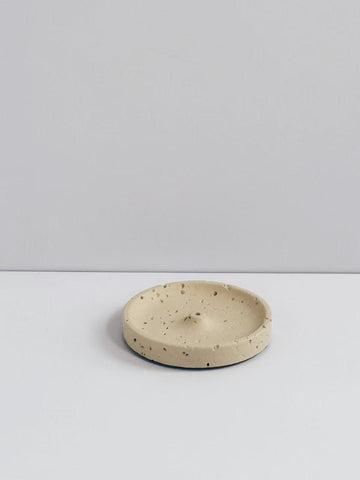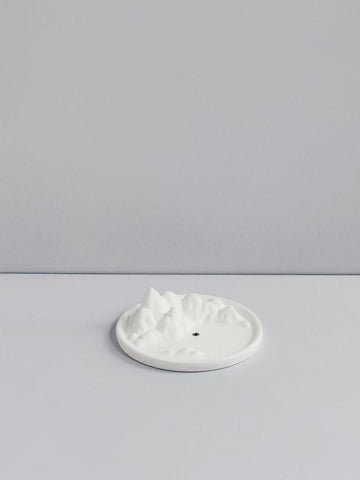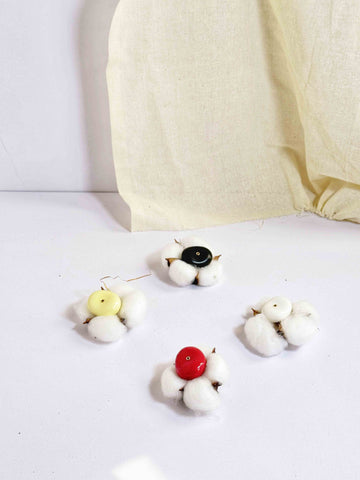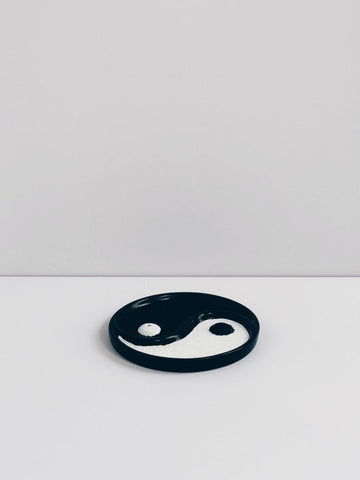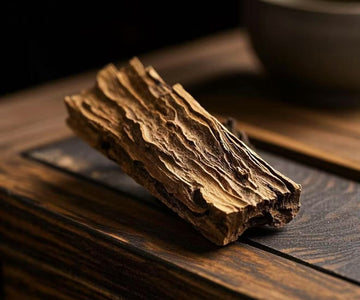Incense has been a part of human culture for centuries, offering soothing aromas, relaxation, and even spiritual benefits. However, pet owners often wonder: Is incense bad for dogs? And if you have a cat, you might ask: Is incense bad for cats? Understanding the effects of incense on pets is crucial to ensuring their well-being.
Is Incense Bad for Dogs?
Dogs have an incredibly sensitive sense of smell—up to 100,000 times more powerful than humans. While natural incense made from pure plant materials is generally safer, some types of incense contain harmful additives that can negatively affect your dog’s health.
1. The Risks of Incense for Dogs
While dogs can tolerate mild, natural incense in well-ventilated areas, exposure to chemical-based incense or strong essential oils can lead to health problems, including:
-
Respiratory issues: Irritation in the throat and nose, excessive sneezing, or coughing.
-
Eye and skin irritation: Some synthetic fragrances and smoke can cause red eyes, itching, or excessive tear production.
-
Neurological symptoms: If a dog is exposed to toxic essential oils (e.g., tea tree, cinnamon, eucalyptus), they may experience dizziness, lethargy, or even seizures.

2. Safe Incense for Dog-Friendly Homes
If you enjoy burning incense at home, here are some guidelines to make it safer for your dog:
-
Choose natural incense: Opt for high-quality, pure, handmade incense that contains no synthetic chemicals or essential oils harmful to dogs. A great choice is Memoricall Natural Incense Sticks Collection .
-
Ensure proper ventilation: Always burn incense in an open or well-ventilated area to prevent smoke buildup.
-
Keep incense away from pets: Place incense sticks in a location where dogs cannot directly inhale the smoke.
-
Limit usage: Burn incense at controlled intervals—every 5 hours is a safe duration to prevent scent overload.
Is Incense Bad for Cats?
Cats, unlike dogs, are much more sensitive to airborne substances. Their livers lack certain enzymes needed to metabolize many plant compounds, making some incense ingredients highly toxic.
1. The Risks of Incense for Cats
Because cats have a more delicate respiratory system, exposure to incense—especially chemical or strong-scented varieties—can cause serious health issues such as:
-
Respiratory distress: Wheezing, coughing, and difficulty breathing.
-
Neurological problems: Staggering, drooling, or tremors due to essential oil toxicity.
-
Gastrointestinal issues: Vomiting, diarrhea, or loss of appetite from inhaling toxic compounds.

2. Incense and Essential Oils That Are Toxic to Cats
The following essential oils and incense ingredients are highly toxic to cats and should be avoided:
-
Common incense additives that are harmful to cats:
-
Tea tree oil
-
Anise (八角)
-
Clove
-
Cinnamon
-
Garlic
-
Birch
-
Patchouli
-
Thyme
-
Wintergreen
-
Bitter almond
-
Camphor
-
Mugwort
-
Chrysanthemum
-
Oregano
-
Rue
-
Pennyroyal
-
Cypress
-
Pine
-
Eucalyptus
-
Juniper
-
Ylang-ylang
-
Wild orange
-
Peppermint
-
Citrus oils (orange, lemon, lime, bergamot, grapefruit)
-
3. What About Dogs with Epilepsy?
Some essential oils can trigger seizures in epileptic dogs. If your dog has a history of seizures, avoid incense containing:
-
Basil
-
Rosemary
-
Camphor
-
Eucalyptus
-
Fennel
-
Witch hazel
How to Safely Use Incense in a Pet Household
If you have pets but still want to enjoy incense, follow these safety guidelines:
1. Choose Pet-Safe Incense
Opt for 100% natural incense with no chemical additives, synthetic fragrances, or toxic essential oils. Natural agarwood (沉香) incense is a great option, as it has a mild, calming scent that is less overwhelming for pets. Memoricall Incense Sticks Collection offers high-quality, natural incense that is safe for both pets and humans.
2. Burn Incense in a Well-Ventilated Area
Ensure proper air circulation when burning incense to prevent buildup of smoke and strong aromas. Open windows or use an air purifier if necessary.
3. Keep Incense Away from Pets
Make sure your incense is placed in an area where pets cannot knock it over, inhale the smoke directly, or ingest the ashes.
4. Limit the Frequency
Burning incense every 5 hours, rather than continuously, prevents scent saturation in the room and reduces potential irritation for your pets.
Finding the Balance
While incense can provide a relaxing atmosphere for humans, pet owners should take extra precautions. Dogs can tolerate certain natural incense types in moderation, but cats are significantly more sensitive. Always choose pure, chemical-free incense and ensure a well-ventilated space.
For a safe and pleasant aromatic experience, check out Memoricall Incense Sticks Collection , which offers pet-friendly options crafted with pure ingredients.
By taking these steps, you can enjoy the benefits of incense while ensuring your furry friends stay safe and healthy.

